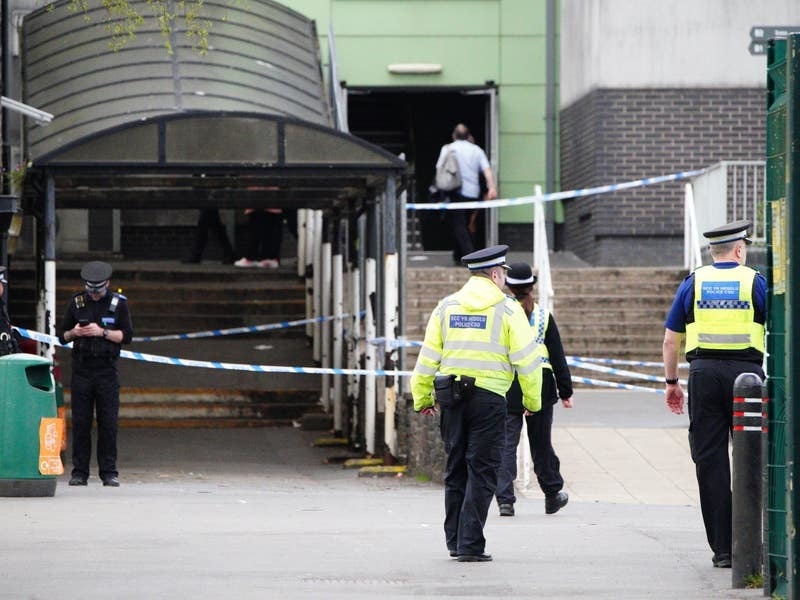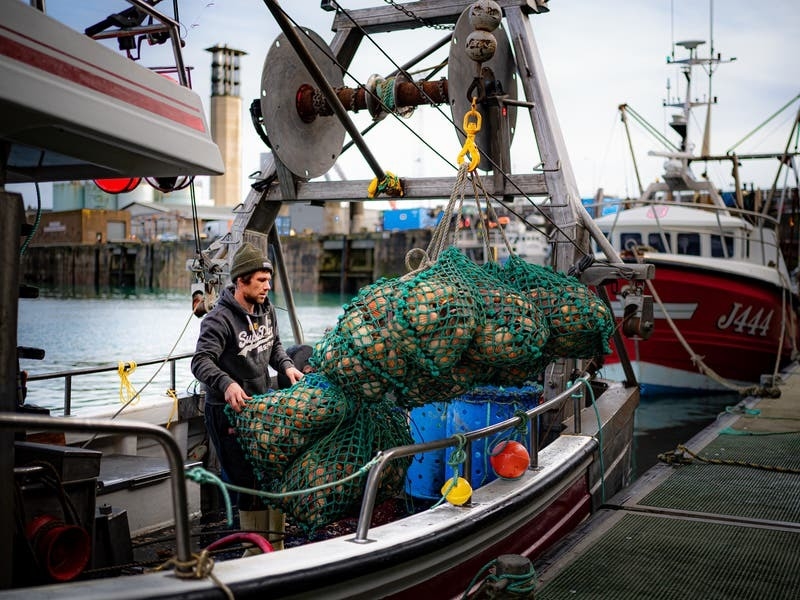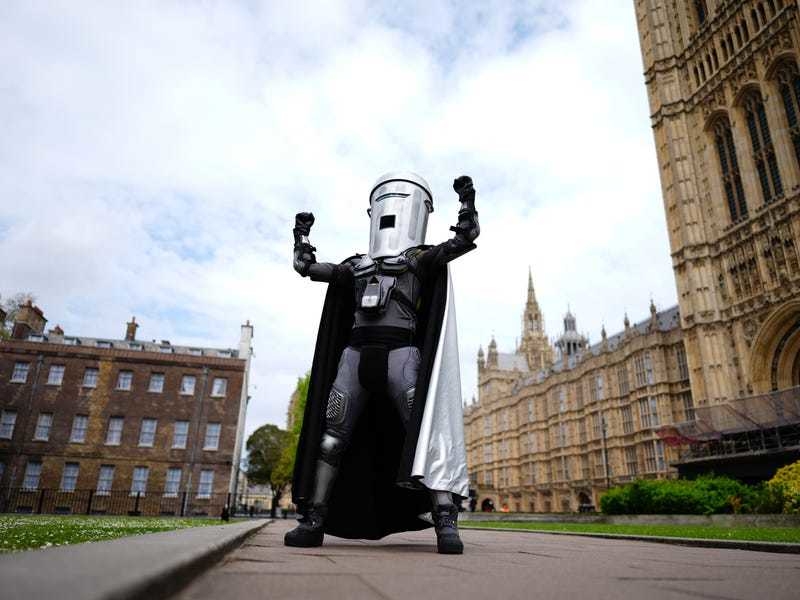Governments are set to face renewed calls for dramatic action to tackle climate change as a major report on limiting global temperature rises to 1.5C is published.
Scientists and representatives of 195 governments meeting in South Korea have approved a report on the impacts of a rise of 1.5C above pre-industrial levels and the action needed to limit global warming to that level.
The finalised report is due to be published on Monday and will sound a warning about the speed and scale of measures required to keep temperature rises to a level beyond which many vulnerable countries say their survival is at risk.
The numbers behind the #IPCC Special Report on Global Warming of 1.5°C#sr15 #climatechange #ipcc30 #GlobalGoals pic.twitter.com/7rR0A8hD8g
— IPCC (@IPCC_CH) October 5, 2018
It will prompt new calls for dramatic and urgent steps to cut greenhouse gas emissions to zero by 2050.
That would mean an end to burning fossil fuels to generate power, the replacement of petrol and diesel cars with electric vehicles or other clean alternatives and no more gas boilers to heat homes, in just a few decades.
Scientists have also warned that protecting and restoring forests will be key to cutting carbon and drawing down excess emissions from the atmosphere.
With the world thought likely to exceed the 1.5C limit in the 2040s, measures to remove carbon dioxide from the atmosphere will be needed to bring temperatures back down, though concerns have been raised about relying on unproved technology to do so.
The world is already experiencing around 1C of global warming, and events such as floods, storms and this summer’s heatwave have become increasingly likely as a result of climate change.
The Intergovernmental Panel on Climate Change (IPCC) was asked to draw up the report after countries agreed to curb warming at “well below” 2C above
pre-industrial levels and to pursue efforts to limit rises to 1.5C.
The tighter target was included in the global Paris Agreement on climate change in 2015 amid fears that warming beyond 1.5C could threaten the survival of countries such as low-lying island states.
This is the reality of our warming world and why half a degree matters. We must fight to stay below 1.5C #SR15 @WWF @UNFCCC @PEspinosaC @manupulgarvidal @WWF @IPCC_ch pic.twitter.com/HXZ0aTavXv
— WWF Climate & Energy (@climateWWF) October 4, 2018
The study, which reviews all the available science on the issue to reach its conclusions, is perhaps the most controversial the IPCC has produced and there have been concerns governments would try and water down the findings.
While previous assessments looked at a range of scenarios for greenhouse gas emissions and what they would mean for the planet, this study will spell out to governments they are not doing enough and what they need to do.
With the promises countries have made so far to cut their emissions putting the world on track for 3C of warming by the end of the century, the report will throw into stark relief the scale of the challenge.
But the science shows letting temperature rises climb more than 1.5C will lead to sea level rises, an increase in heavy rainstorms and heatwaves, more people facing water scarcity and drought, greater spread of diseases and more economic losses.
Ahead of its publication, Neil Thorns, director of advocacy at charity Cafod, said: “This report proves that keeping global temperatures to 1.5 degrees is a necessity not an ambition.
“Faced with such information we cannot leave poor communities standing on the frontline of this potential storm, we must act urgently.
“Pope Francis has challenged politicians to ensure that their actions leave a legacy that does ‘care for our common home’ in the long-term and this report is yet another wake up call for them.”






